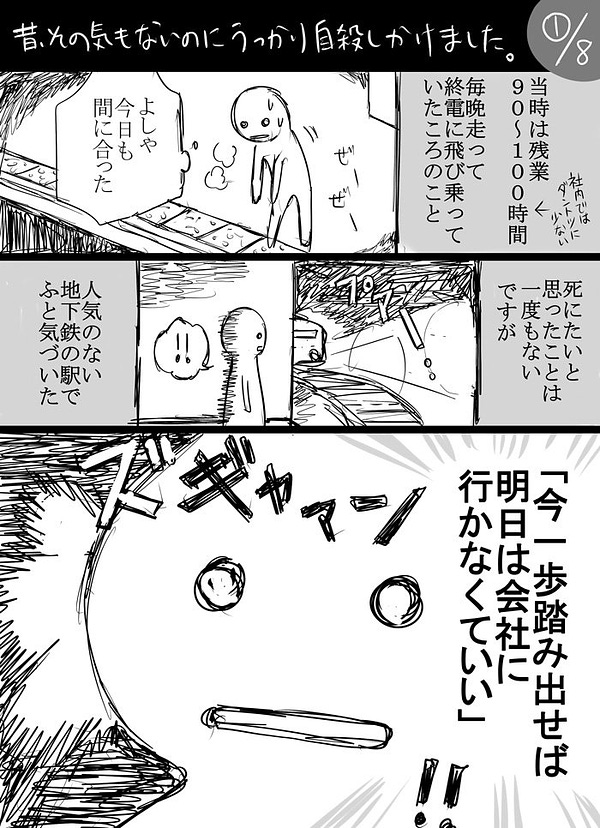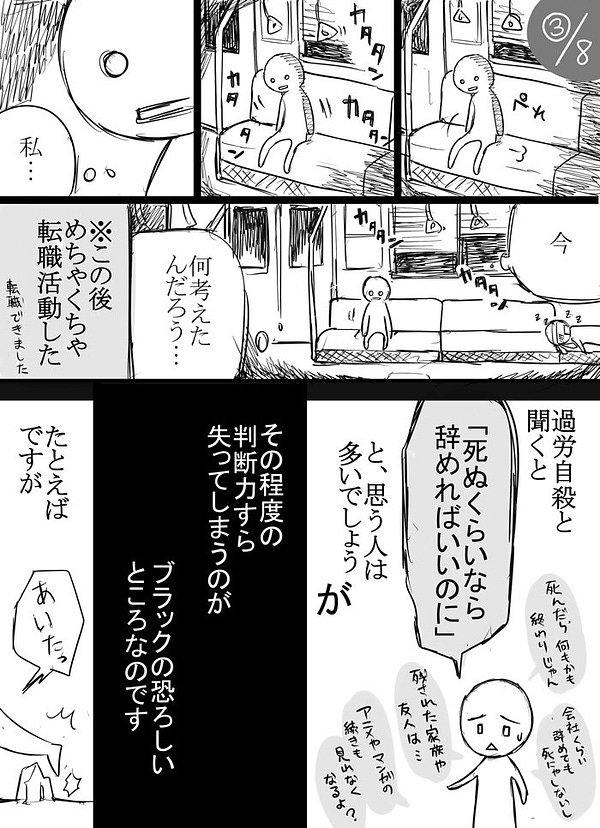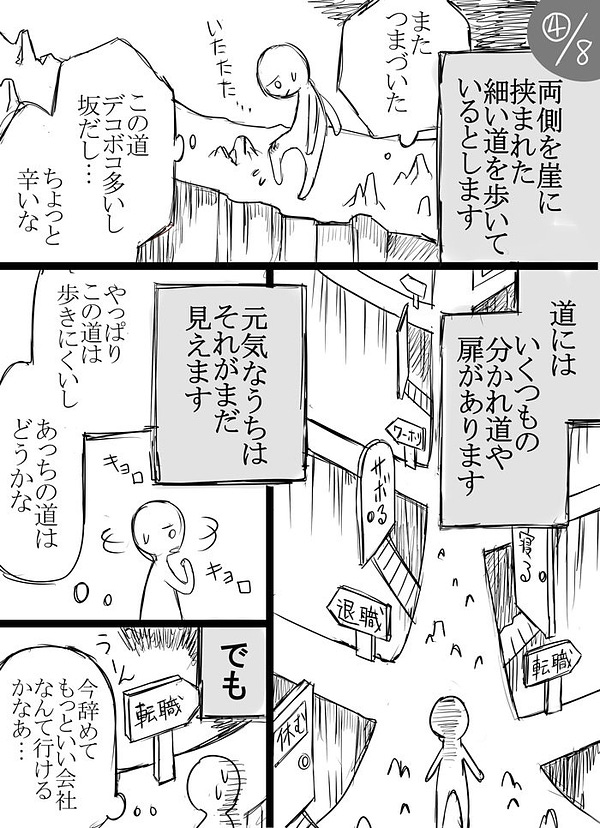
July 20th, 2019: Greetings from Connecticut! This is my last week in the US as I’m heading back to Asia this week. If you’d like to connect before I head out, I’ll be in Connecticut until the 23rd and Boston the 24-25th
Join Me In Hartford: July 23rd @ 5:30pm in Hartford - I’ll be talking about creating in public, hacking a living in the future of work & designing a life
🤳 Curiosity Conversation Day - I’ve opened up my day on Monday the 22nd to chat with anyone for any reason EST US => Grab a time here
#1 Japanese Work Culture
Japan has one of the most intense work cultures in the world. People often first learn about it while learning about the word Karoshi - which means death from overwork. This was a hard concept for me to understand until I dove into Dan Carlin’s 7-hour podcast on the history of Japan (one of the best things I’ve ever listened to).
In that episode, Carlin explores the history of Japan and how the culture aligned around an intense dedication towards the state and imperial family. Through this storytelling I’ve been able to make more sense of how an extreme Japanese work might emerge. From people I’ve talked to that have worked in Japan, they can only seem to describe it as such - extreme and unique.
This work culture, because of its intensity, is a good way to understand some of the beliefs that make up our global work culture. These are explored in an 11-minute video about an anonymous Japanese illustrator that published a Manga cartoon titled “You Should Quit Your Job Before You Die.” Here is the cartoon:
#2 If Kevin Durant Can’t Be Happy, Than Who Can?
Kevin Durant struggled after winning a Championship with the Warriors:

Almost every week, I talk to someone that achieved “it” - the job, promotion, salary level, apartment or something similar. Once they have won enough prizes and realize that there is no winning, they start to feel lost. Some people then look for challenges in life, they run marathons, travel around the world (👋) or even start families. For many, they find what they didn’t know they needed in that space. For others, they remain lost.
To reinvent in the modern world is becoming one of the most valuable and important skills. Us millennials are trying to find what matters after that trip or marathon while our parents, the boomers, are trying to shift to retirement from a relatively standard and rule-bound path. How does a generation that always followed the rules or gained access through gatekeepers “show up” and start helping the communities they want to engage with? I don’t have the answers, but its one of the most exciting questions I’m exploring.
P.S. Hey Kevin, if you read this, happy to have a curiosity conversation with you.
#3 Hiring Freelancers Is Harder Than It Seems
A short exploration of a working idea - The Warm Body Hypothesis
Have you ever been on a team that is hiring a new person? The process usually looks something like this: use the first week to train the person on the systems and tools and start giving them a little work to do (usually mindless busy work). Over the next month or two, slowly ease them into the work, teaching them how to do the work you are already doing. Over time you have another person on your team that can do all the things you do.
Now think about freelancers. In the best case, you want them to solve a problem. You have a general discomfort on your team or urgent issue. However, the only approach your team has ever taken is to find competent bodies and then let them hang around enough to figure out how to be useful. This is an impossible strategy with a freelancer, because no one wants to pay a high daily rate for a freelancer to roam around 8 hours a day for a couple weeks.
Freelancers can be of immense value, but most companies need to spend more time scoping the project and problem or need to be willing to let the freelancer hang out for a bit and get paid to do so.
#4 Four-day weeks (Wednesdays though?)
I’ve written a lot about the four day workweek as a “hack” to figuring out what the hell we’re all meant to be doing with our lives and am excited to see more companies experimenting. This company in Australia decided to take Wednesdays off:
Last year in July, Australian digital marketing company Versa trialled an employment initiative that allowed employees to take every Wednesday off work — provided they could get all their work done in four days instead of five.
and the company is doing just fine:
profit has almost tripled since the Wednesday-off rule came in last July, and Versa's revenue has grown by 46 per cent in that time.
While were rethinking the workweek, why not just create a whole new calendar? This is probably the most interesting tweetstorm I’ve ever read about Kodak and their embrace of a 13-month calendar:

For more:
#5 Male Identity Crisis - ZigZag Podcast
I stumbled upon the ZigZag podcast this week and Khe Hy’s episode about his career reinvention - similar to mine in many ways.
Here is a quote about how he now measures and thinks about success;
I see so many possibilities. It is really a question of what aligns with my life design, where is there an impact?
I don’t over-index on the number of people my message touches, its a little bit more nebulous and un-quantifiable, but I feel it, I know in my heart when its happening…creative freedom. The ability and space to create things I’m proud of every single day
#6 Misc 🎊
Join 9 other students in the live cohort of my Think Like A Strategy Consultant course, kicking off August 5th. Join here. Here is what you’ll learn:
I moved my Boundless Reads newsletter over to substack as well. Subscribe here.
🔥 Take The Three-Week Self-Employment Challenge over at BoundlessU
Want to support my journey? ✌ You can join the 25+ supporters on my site, on patreon or become a subscriber below











